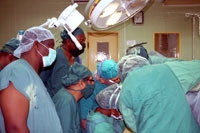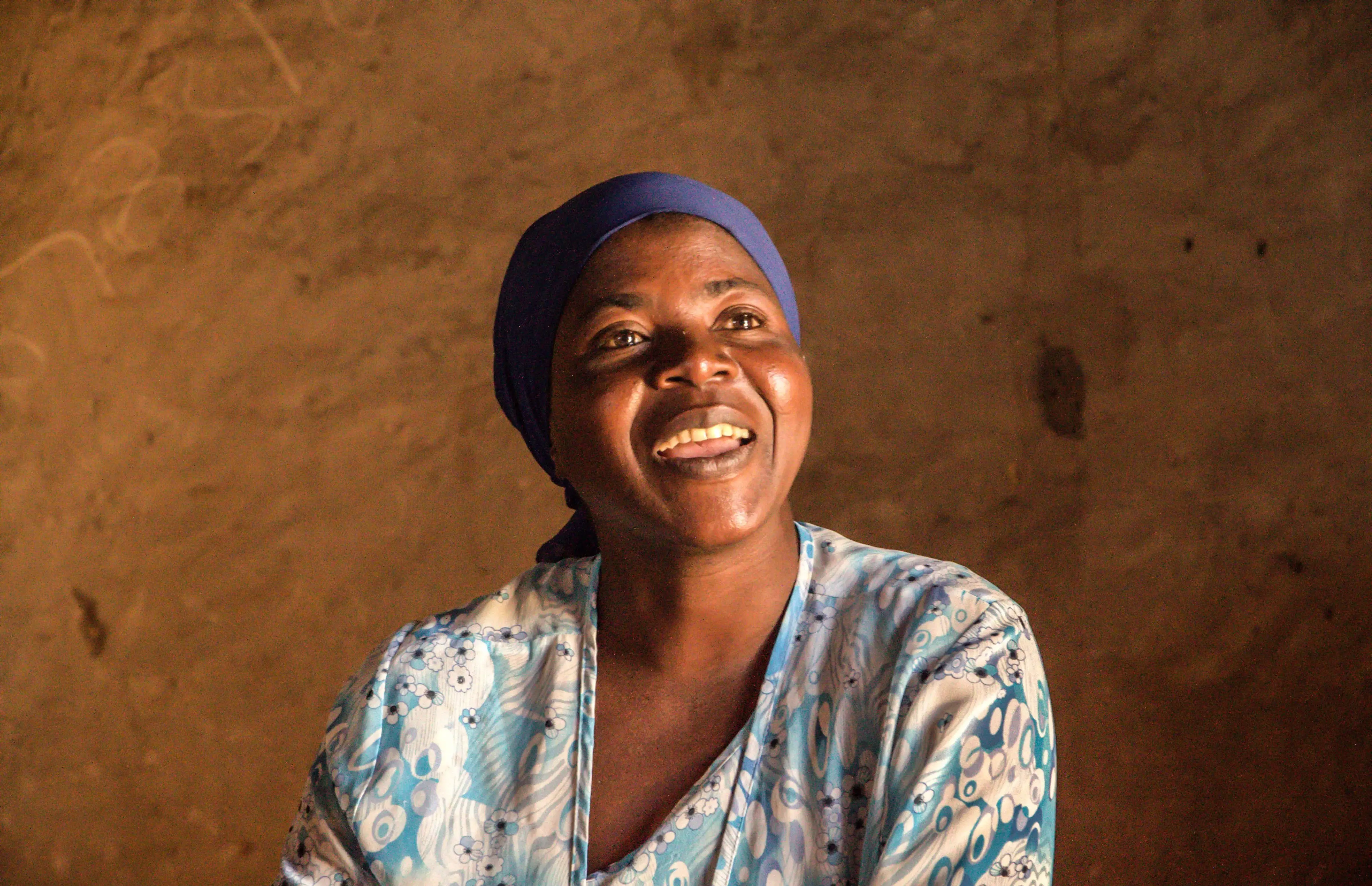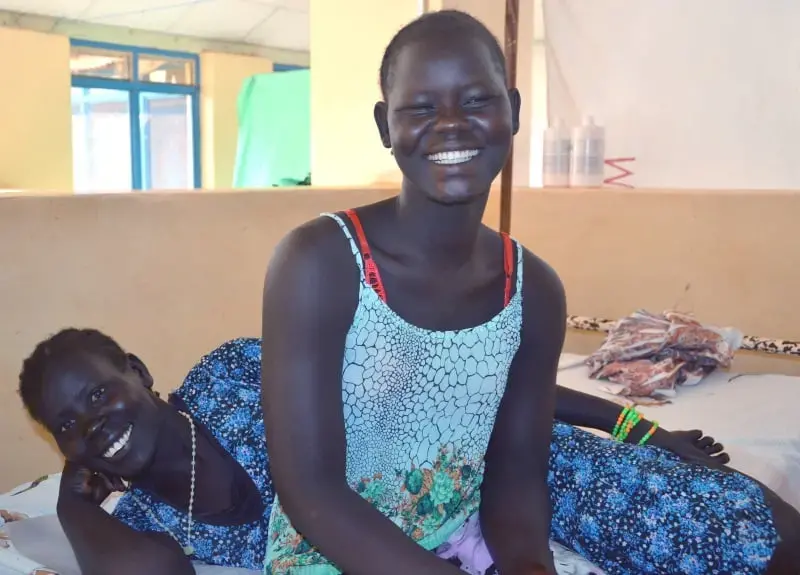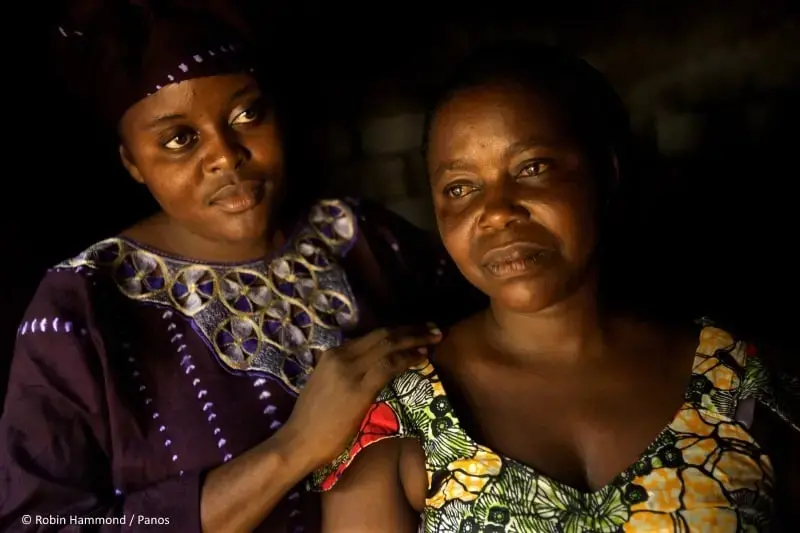Mozambique — Following her successful fistula repair surgery, 25-year-old Esther Joakim Chimoio envisions a better life. Although her husband abandoned her because of her condition, she now has ambitious plans that will enable her to take care of her children.
"I want to start my own banana and orange business to support my children. Before, I was working in the fields for a woman in my area due to my limited strength because of fistula," she says, beaming.
Esther was one of the 94 women treated during a training mission for 12 of the most experienced fistula surgeons and surgical technicians in Mozambique, under the supervision of Dr. Ambaye Geda from Women and Health Alliance International , at Beira Central Hospital in Ethiopia.
The training mission, which was facilitated by the Mozambican Ministry of Health as part of the Campaign to End Fistula , tapped into the reservoir of expertise in the region to advance the skills of the Mozambican team of fistula surgeons and surgical technicians, in the context of south-south collaboration.

Although ensuring all women can deliver safely is the best way to end the scourge of obstetric fistula, Mozambique has an urgent need for surgeons and surgical technicians well trained in repairing the condition. Some 2000 new cases of obstetric fistula occur annually in Mozambique, adding to the backlog of women who suffer the incontinence and isolation that most survivors face.
But surgical repair requires specialized training and techniques, and is not yet is available in all provinces in Mozambique. The patients to be treated during the training mission came from districts in the provinces of Manica, Tete and Sofala in the Central Region.
A large percentage of maternal deaths (36.8 per cent) in Mozambique, and related disabilities, occur among young women (aged 15-24 years old) like Esther. She had lived with the condition for four years with little hope of returning to full health. It was only when she gave birth to her daughter Rosa through a Caesarean section at the Hospital that she learned her condition was possible to treat with surgery, and now she is telling others.
"Many women in my zone had told me that my uncontrollable leaking of urine and faeces could come to an end by seeking assistance at the Hospital, but I didn’t believe them and thought that this condition was just how things had to be for me," said Esther. But now her face shines with her renewed hopes and aspirations for herself and her children.
~ Helene Christensen, UNFPA Mozambique





